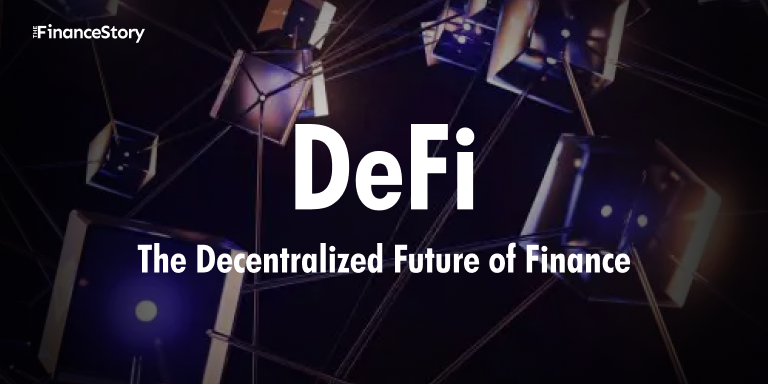The rise of decentralized finance, or DeFi, is beginning to alter the entire financial system’s form. DeFi, to put it simply, is algorithmic trading. It’s straightforward – but quite effective.
It’s not difficult to envision a future in which we trade with algorithms or conduct business with algorithms in general – the main benefit is that you cut out the middleman, so there’s no need for a broker or a bank.
It’s essentially a peer-to-peer transaction with an algorithm guiding it. Apart from these it can be used by an average person with a basic understanding of it and does not require one’s personal information for accessing it.
One of the most established blockchain platforms, The Ethereum network, also serves as a foundation for other blockchain programs and hosts the majority of DeFi services.
Benefits
Three major advantages come with DeFi.
To begin with, the DeFi algorithms or smart contracts do not come with the baggage of traditional finance and this has become the main incentive to use deFi.
The major two characteristics of these smart contracts are automation and no involvement of outsiders or third parties.
Secondly, getting money from your broker to your bank account, for example, may take days in centralized finance. Defi does not have such a lag.
Finally, Defi creates transparency, which is a major feature of blockchain technology. The existing system is riddled with inconsistencies.
Transparency solves all problems while also facilitating speedy innovation.
Risks involved
Any assessment of new technology must assess the dangers and problems that come with it. For DeFi, some of the major risks are:
- With the advent of cryptocurrencies, authorities are only now attempting to provide a structure for them. They must exercise caution.
- Blockchain technology, which is a closed-loop system, controls the entire DeFi, which is basically its support system. It’s critical to obtain data into a blockchain from outside sources; the link to the outside world is known as an oracle. The oracle’s information source can be modified.
- DEX or decentralized exchange is a method for swapping assets, which includes a number of risks such as arbitrageurs that may exploit and make a profit from inefficiencies of liquidity sources and providers.







